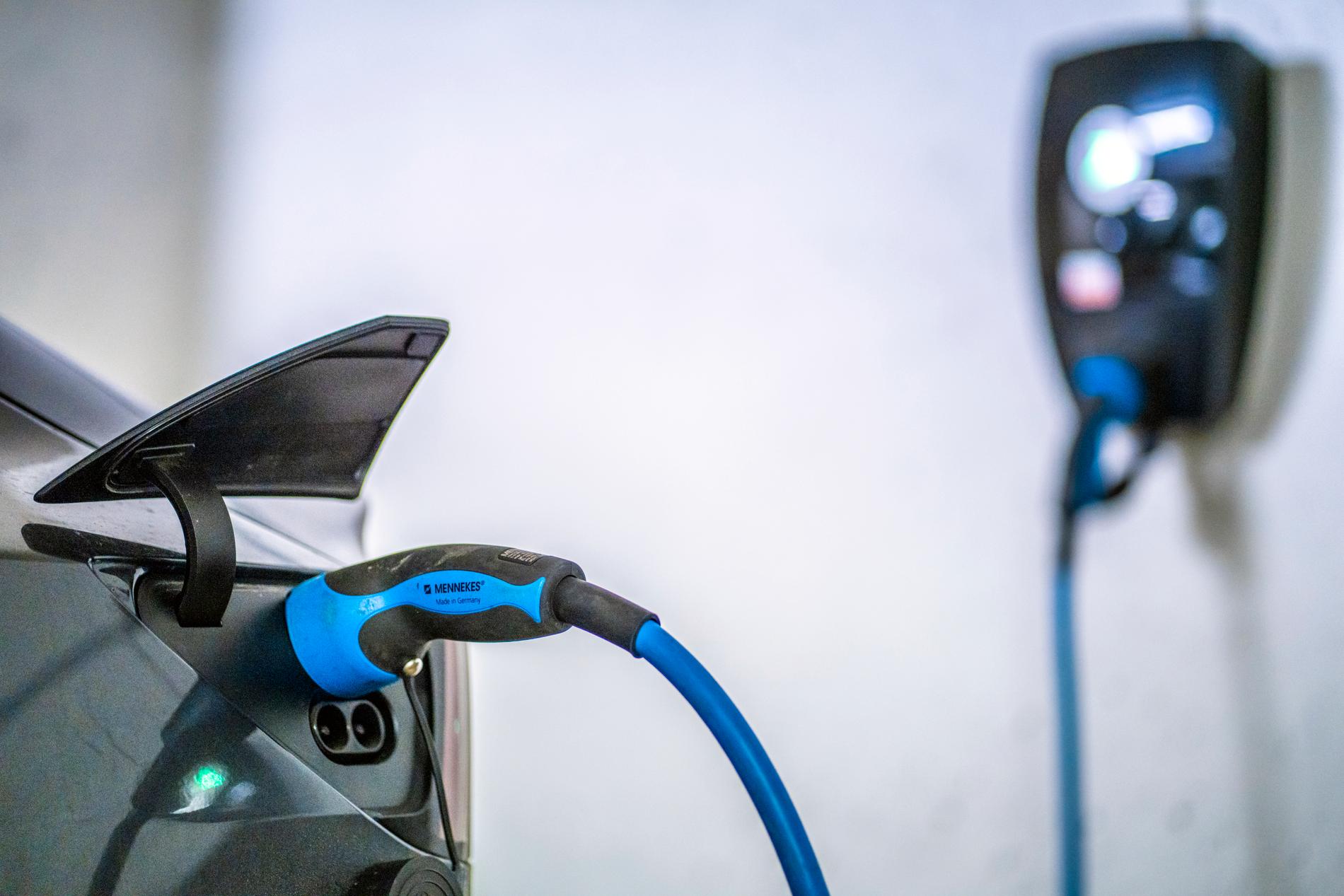According to the International Energy Agency, there was a new record for electric vehicle sales last year. But in the short term, growth may be affected by the delay in the wake of the Corona crisis and Russia’s invasion of Ukraine.

Last year, 6.6 million electric and hybrid cars were sold globally.
This is double the previous year and a new record, according to the latest report Electric Vehicle Global Outlook From the International Energy Agency (IEA), a Paris-based organization that provides energy advice to its member states.
According to the International Energy Agency, electric vehicles accounted for nine percent of global car sales last year, four times the share in 2019. In China, the most electric vehicles are sold, with 3.3 million vehicles sold last year.
In Europe, sales increased 65 percent from the previous year to 2.3 million electric vehicles. Electric cars made up about 17 percent of car sales in Europe last year.
According to the International Energy Agency, Norway had the highest share of new car sales in Europe at 86 percent, Iceland at 72 percent, Sweden at 43 percent and the Netherlands at 30 percent. Germany is the largest market in terms of the number of cars, and there the share of electric cars was 25 percent of new car sales last year.
– so encouraging
Two million electric cars were sold in the first quarter of 2022, up 75 percent from the same period last year, according to the International Energy Agency.
Few parts of the new global energy economy are as dynamic as electric cars. The head of the International Energy Agency, Dr. Fatih Birol, says it is very encouraging that the sector has achieved success and set new sales records, but that does not mean that it is time to feel complacent. message.
“Politicians, industry leaders and investors must be vigilant and use resources to minimize the risks of supply disruptions and ensure sustainable access to critical minerals,” he said.
The International Energy Agency reports that in 2021, as many electric and hybrid vehicles were sold each week as in all of 2012, when 12,000 electric and hybrid vehicles were sold globally throughout the year.
$290 billion in aid
According to the International Energy Agency, the main reason for the growth in electric vehicle sales is political support. Public spending on subsidies and other incentives to buy electric cars doubled last year to nearly $30 billion (290 billion kroner).
In addition, there are also more models available. The International Energy Agency reports that in 2021 there were about 450 models of electric vehicles on the market, five times more than there were in 2015.
Geopolitical developments may threaten the growth of electric vehicle sales in the short term, according to the International Energy Agency.
“The Corona pandemic and the Russian war in Ukraine have disrupted global supply chains, and the auto industry has been hit hard. In the near future, delays in delivering electric vehicles to customers may limit sales growth in some markets,” the IEA wrote in the report.
“But in the longer term, efforts by governments and companies to electrify transportation provide a solid foundation for further growth in electric vehicle sales,” the IEA wrote.
According to the International Energy Agency, other threats to growth in electric car sales are high prices for important minerals and the fact that there are very few electric car chargers available. The price of lithium was seven times higher in May of this year than at the beginning of 2021, and cobalt and nickel are more expensive.
All other things being equal, the price of the battery pack could rise by 15 percent if these prices stay around current levels, which could reflect several years of lower costs,” the IEA wrote.
“The Russian invasion of Ukraine added to the pressure, with Russia supplying 20 percent of global nickel in quality batteries,” the IEA added.
16.5 million on the way
In total, there are now 16.5 million electric vehicles in the world, according to the International Energy Agency. Still a small percentage of the world’s cars. Various estimates indicate that there are more than one billion cars on the roads globally.
Each year the International Energy Agency presents several scenarios for future energy use, including estimates of the future stock of electric vehicles. The International Energy Agency projects that there will be around 200 million electric vehicles on the roads by 2030 in the stated policies scenario.
In an IEA scenario where the world reaches net zero emissions in 2050, the number of electric vehicles will rise to 350 million in 2030.
According to the International Energy Agency, there are currently about 1.8 million publicly available chargers in the world.

“Web specialist. Lifelong zombie maven. Coffee ninja. Hipster-friendly analyst.”




